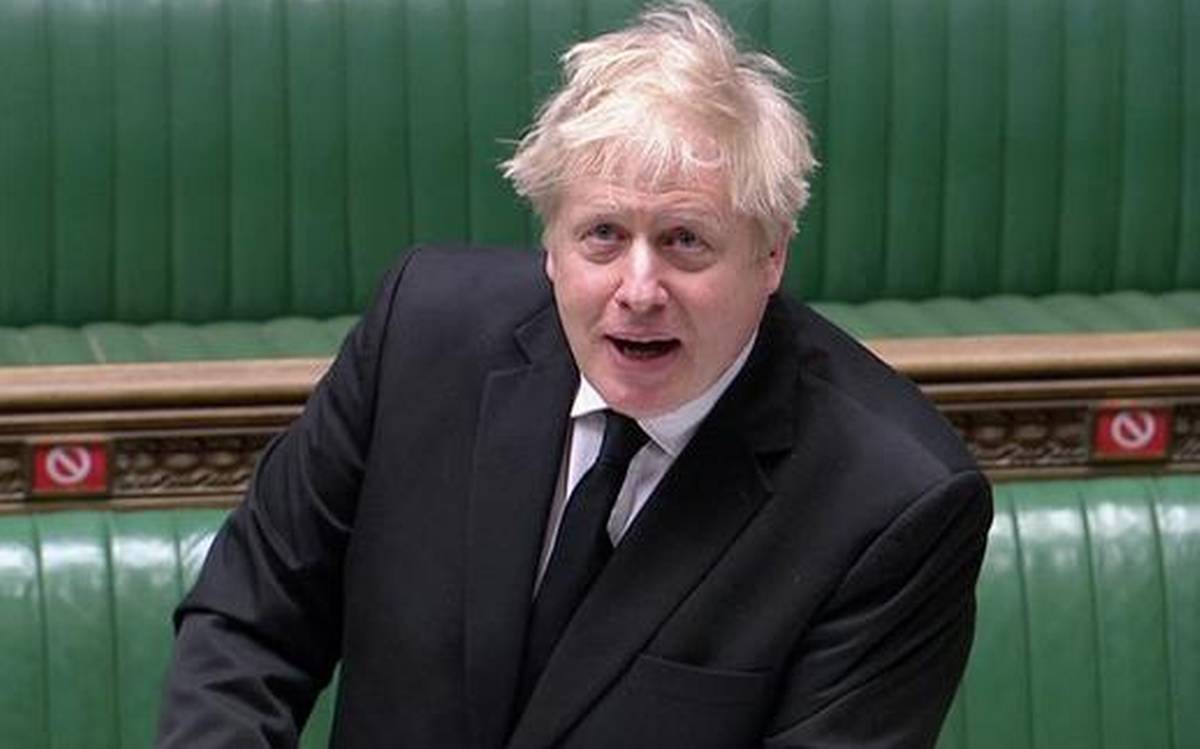Is The Levy ring-fenced and audited, with the appropriate oversight and accountability? Have the alternatives such as a sliding scale levy and private insurance been adequately debated? The public wants total transparency from the government.
The NHS has returned to centre stage this week due to Boris Johnson’s Health and Social Care Bill that was passed in the Commons earlier this week. The tax, called The Levy, of 1.25% is imposed on both citizens’ and employers’ National Insurance contributions. Although it passed with a healthy majority of 70 votes, many Conservatives were uncomfortable about the ideology and lack of parliamentary scrutiny of the Bill, 36 Conservatives abstained and 5 voted against, this equates to Johnson’s majority in the Commons. The Act to be introduced in 2022, promises to provide an extra £12Billion a year for health and social care over the coming three years.
Post-Covid, no doubt, the NHS needs funding, but there is no detail about how the funding will be used, no plans to reform existing layers of bureaucracy and practices past their sell-by date. The Levy is contrary to the Manifesto and to the Conservative dogma of being the party of low taxes. Traditionally the NHS has been the domain of the Labour party, Johnson is adding the NHS to his repertoire of Labour party usurpations, wishfully thinking it will gain Tories long term votes. Historically the NHS has been a money pit and an administrative behemoth, is this new provision going to overload an already overloaded system, will it deliver the expected ballots in 2024?
This deluge of money is intended to enable the NHS to recover from the pandemic and catch up on the backlog of operations and treatments, and plan how long-term care for all is to be paid for and delivered. Old age care is a very emotive issue, many older citizens have their life’s work and worth invested in their home, should they be required to sell it to pay for their care? Is it fair to tax the younger generation to pay for the care of the current retired generation, and with house prices soaring out of reach how will the young access the reality of homeownership? Who should be responsible for funding the care of the elderly, the individual, the family or the state? How will this new Levy impact lower-wage earners and small businesses? Is The Levy ring-fenced and audited, with the appropriate oversight and accountability? Have the alternatives such as a sliding scale levy and private insurance been adequately debated? The public wants total transparency from the government.
Meanwhile, dinghies and larger vessels are arriving on UK’s shores with thousands of illegal migrants a day, the Home Secretary has taking advice on how to act within international maritime law to return some boats to France; this approach which involves withholding a £50million payment to the French if they do not meet interception targets is not improving bi-lateral relations with France.
Gavin Williamson, the Education Secretary, has not done the government any favours by publicly confusing Marcus Rashford with Maro Itoje, two completely dissimilar black sportsmen.
The Northern Ireland Protocol’s so-called “grace period” is rearing its ugly head after a fairly quiet summer of recess. Post-Brexit checks on goods arriving have been postponed again, but the government are obtuse about what happens to Northern Ireland’s sovereignty when this period runs out. Solutions are being presented by the Ulster Unionist Party and not the Democratic Unionist Party, who are UK’s traditional ally, which could have implications for the May 2022 NI Assembly elections in which the DUP currently hold a one seat majority.
The Covid nightmare is not over, folks will need vaccine passports for clubs and other crowded venues from the end of September, how this will operate is uncertain and unpopular. The Government want booster shots but Astra Zeneca’s chief is not certain boosters are necessary.
Staff shortages are abundant, supermarket shelves have signs apologising for the lack of choice as lorry drivers are so few, factories and hospitals are short staffed, Covid has now become an excuse for deliveries and services being late or inadequate.
The Afghanistan withdrawal has revealed faultlines between departments in the UK, no one is convinced with the result. The Western press and broadcasting are mute about what the Northern Front Resistance in Panjshir is facing, and the beatings of journalists and harassment of UN staff in Kabul.
In spite of the efforts of some backbenchers to highlight how China has wrapped successive governments around its little finger, the government has been not wholeheartedly engaged in the debate. On 7 September the House of Lords published “The UK and China’s security and trade relationship: A strategic void” which is highly critical of the government’s neglect and the existing considerable uncertainty over current policy towards China. The Lords support the findings of the Foreign Affairs Committee in April 2019, and recommend a UK-China policy with much more clarity than it has had hitherto, calling upon the Government to publish a clear strategy setting out how it will balance the competing elements of the UK-China relationship.
Rumours of a cabinet reshuffle amounted to just rumours, but in 149 polls since January for the first time, Labour now take a tiny lead over Conservatives if an election were held today.

